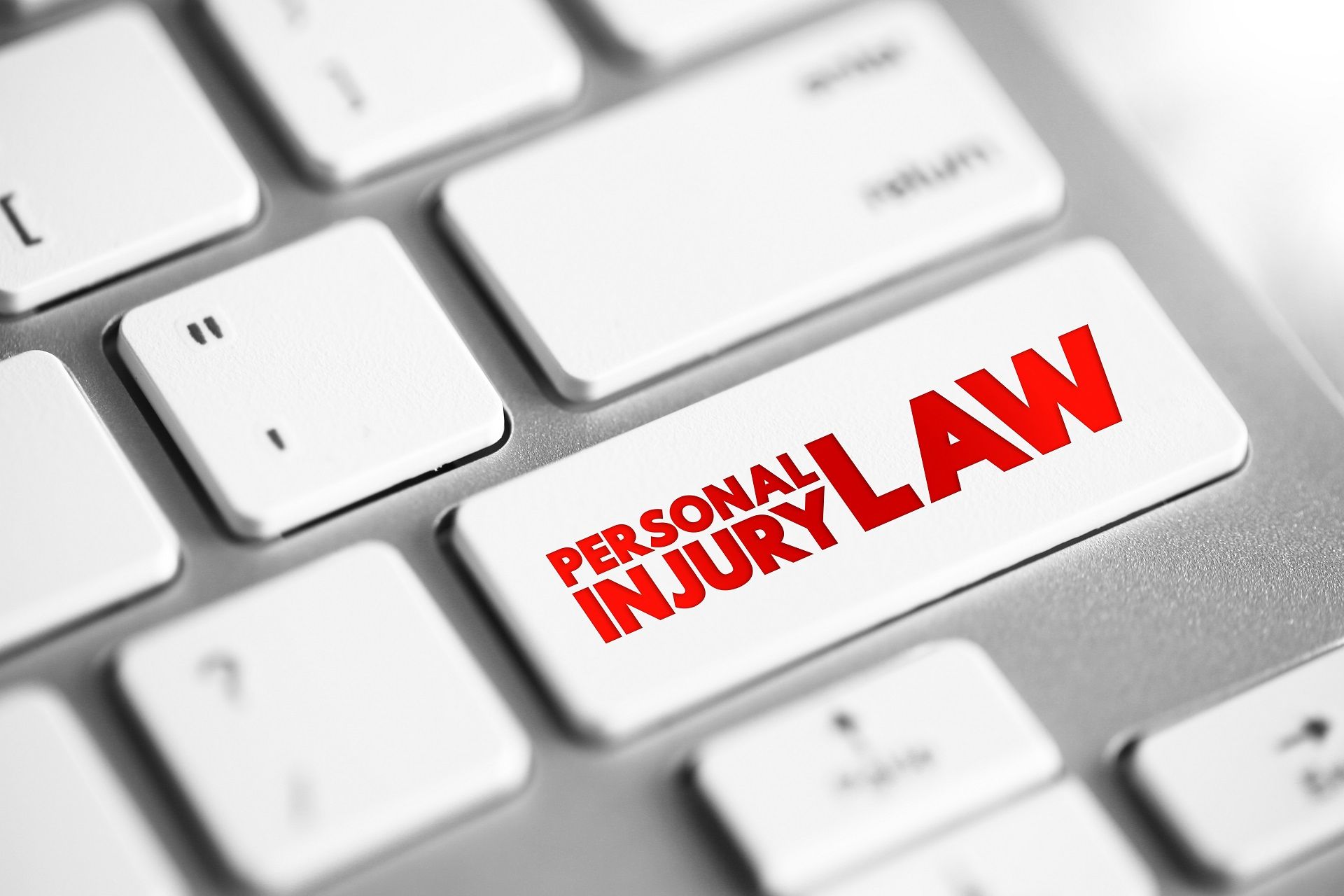Do I Have To Go Through Vocational Evaluation?

The workers’ compensation process can be very complex for first-timers. The main reason why it’s so convoluted can be described in three words - conflict of interest.
Your main goal is healing from your workplace injury in peace without losing your mind over your finances, but your employer’s workers’ comp insurance has other plans. They want to make sure they can pay you as less as they possibly can.
To make matters worse, the law allows them to do so by letting them put limits on their loss of exposure. This is why they’ll try to find any reason to cut your benefits short. One of the most common ways to do so is by demanding you go through a vocational evaluation.
If you just found out you’re going to get evaluated, the natural thing to wonder is what is vocational evaluation in workers’ compensation and how will it affect your benefits.
Today, we’re going to answer just that.
When Does A Vocational Evaluation Take Place?
There are two main ways to describe what is vocational evaluation in workers’ compensation.
The first one is that it’s a way to accurately describe how far you are in your recovery. The second (and a more pessimistic) one is that it’s just a delay tactic on behalf of the insurance companies in order to try and stop your benefits.
Regardless of the philosophy you subscribe to, the main goal behind the vocational evaluation is to prove whether you have any earning power. In other words, to determine if you’re well enough to return to work.
What precedes the evaluation is usually an interview with an
Independent Medical Examiner (IME). The IME is a physician who will perform an examination and offer their opinion on your recovery process. They will then create a report that clarifies your ability to return to your work duties.
If by any chance you are healed enough to work with some restrictions, you’ll be required to go through a vocational assessment.
The vocational expert will perform this evaluation, which mostly boils down to finding the injured worker a job. More precisely, a job available in their area that not only fits their skill set but also their injury limitations.
The result of this assessment is a report that lists all the jobs that fit the criteria of the injured worker. At this point, the insurance company may file a request to suspend your benefits, citing the jobs available to you as the reason.
After that, the case will go to the workers' comp judge.
That is basically what is vocational evaluation in workers’ compensation. While it does seem scary, it’s not the end all be all (more on that later).
The Do’s And Don’ts Of Vocational Evaluation
Knowing what is vocational evaluation in workers’ compensation can help you avoid making any mistakes during the interview. On the surface, it may seem like an interview to determine if there are jobs you can do while you’re recovering. However, the subtext points to something else.
The expert just wants to list jobs that might suit you in an effort to cut your workers' comp benefits. In fact, those very jobs will be used as the grounds to do so.
With that in mind, don’t think of the interviewer as your friend. Don’t engage in small talk. This is typically how workers reveal details that may end up hurting them in court without even knowing.
Again, this doesn’t mean you should try to mislead the interviewer in any way. Simply tell the truth but at the same time, try to make sure that their questions aren’t trying to mislead you.
Also, be careful of the language you use. Don’t use statements that can be misconstructed as you being unwilling to cooperate. For instance, if you say you’re unwilling to work a job with a low salary, that answer may be spun to mean you’re unwilling to work at all. This could be harmful in court as it could be grounds for terminating your benefits.
Keep it balanced and avoid sounding overly optimistic or overly eager. For example, don’t say you’d do anything (even if you weren’t medically cleared to do so) or that you’d even work jobs you’re unqualified to do.
Can You Challenge The Opinions Of The Examiner In Court?
The answer is a resounding yes. Both IME’s and the vocational expert’s opinion on your work ability is just that - an opinion. Your physician may not agree with the conclusions of these experts, and you’re well within your legal limits to challenge their conclusions in court.
Your workers’ comp lawyer may conduct their own research about the job availability in your area. They may also take it a step further and hire an independent vocational expert to offer a second opinion.
What you do in the meantime also matters, which brings us to our next point:
Should You Apply To Jobs Found In The Report
Although you still may not be fully healed, if there are jobs in the report that fit your physical restrictions, you have to interview for those positions (even if the pay is not as good).
Don’t forget to bring your medical records and the form titled ‘’Physical Capability Evaluation’’, and show these documents to the interviewer. Note the physical demands and requirements of the position you’re applying for and keep a copy of the job listing. Your physician will be able to help you determine if you’re capable of working in that position in your current physical condition.
Apply for each job that was listed in the report that fits your restrictions. It’s also smart to keep a record of every opening you applied for and every interview that you attended. If you fail to do so, the insurance company may have the grounds to withdraw your benefits.
Your Well-being Comes First
You’re probably eager to go back to work, but not at the expense of your recovery. Even though your employer and their workers’ comp insurance might be pushing you to do so, they’re only thinking about profits.
Now that you know what is vocational evaluation in workers’ compensation, you’re well-equipped to take the most beneficial steps to protect your health and your benefits.
Contact your
workers’ compensation lawyer and ask them to get in touch with a third-party vocational expert who can contest the findings of the expert working for the insurance company of your employer.
That way, you may focus on your recovery a little longer without risking your health trying to appease your employer.
RECENT POSTS
CONTACT US
We will get back to you as soon as possible.
Please try again later.
Evaluation Request
Contact Us
We will get back to you as soon as possible.
Please try again later.
Contact
Contact Us
We will get back to you as soon as possible.
Please try again later.
All Rights Reserved.
This website is managed by Oamii.







